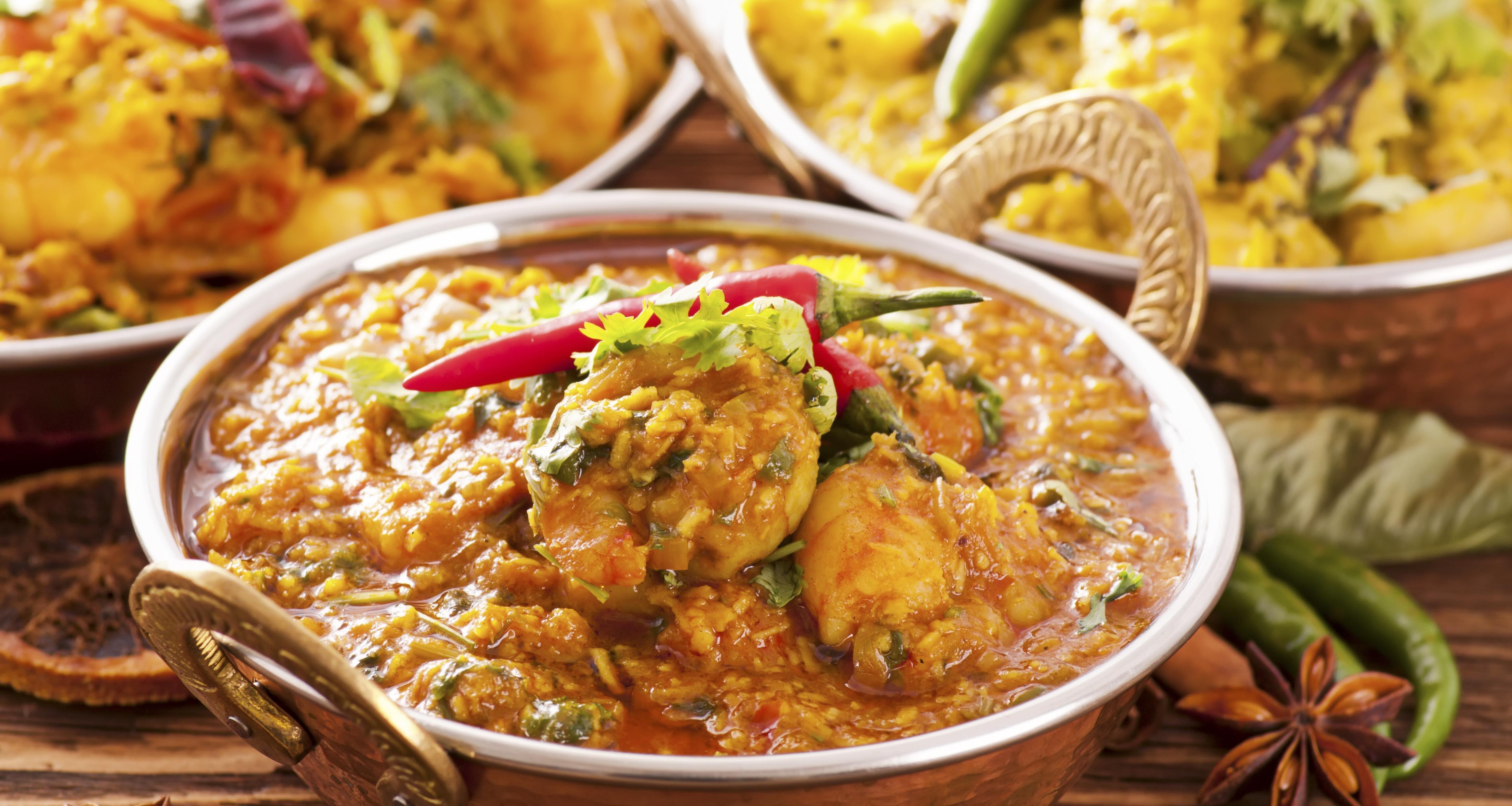
Indian cuisine is celebrated worldwide for its vibrant tapestry of flavors and aromatic spices. But beyond the explosion of taste buds, Indian food offers a treasure trove of health benefits. Dining at an Indian restaurant allows you to indulge in a meal that’s not only delicious but also packed with essential nutrients and beneficial compounds. This guide explores the various ways Indian cuisine contributes to your overall well-being, highlighting the power of traditional ingredients and cooking methods.
A Foundation of Wholesome Ingredients:
One of the cornerstones of healthy Indian cuisine is its reliance on nutrient-rich ingredients. A typical Indian restaurant menu boasts a symphony of vegetables, legumes, whole grains, and lean proteins – all vital components of a balanced diet. Leafy greens like spinach and cauliflower, alongside vibrant tomatoes, provide a bounty of vitamins and minerals. Legumes like lentils and chickpeas are champions of protein and fiber.
Whole grains such as basmati rice and millet are staples in many Indian dishes, offering complex carbohydrates for sustained energy. Additionally, Indian cuisine frequently features lean protein sources like chicken, fish, and paneer (Indian cottage cheese), making it a well-rounded choice for health-conscious diners.
The Magic of Spices:
Indian cuisine is renowned for its vibrant use of spices, many of which harbor significant health benefits. Turmeric, a key ingredient in countless Indian dishes, contains curcumin, a powerful compound with anti-inflammatory and antioxidant properties. Regularly incorporating turmeric into your diet can help reduce inflammation and potentially lower the risk of chronic diseases like heart disease and cancer.
Cumin, another commonly used spice, acts as a digestive aid, promoting gut health. It’s rich in iron and boasts antimicrobial properties that can help fight off infections. Coriander, cardamom, and cloves are other frequently used spices in Indian cuisine, each contributing to improved digestion, better circulation, and overall health.
Cooking Methods that Nurture:
Traditional Indian cooking methods play a crucial role in unlocking the health benefits of the cuisine. Many dishes are prepared using techniques that preserve the nutritional value of the ingredients. Steaming and sautéing vegetables ensure they retain their vitamins and minerals, while slow-cooking meats and legumes helps maintain their protein content and enhances flavors without excessive fat.
The use of healthy fats, such as ghee (clarified butter) and mustard oil, adds another dimension to the nutritional value of Indian food. Ghee, in particular, is a rich source of fat-soluble vitamins A, D, E, and K. It also contains conjugated linoleic acid (CLA), which has been linked to various health benefits, including weight management and improved heart health.
Balanced Plates for Optimal Health:
A meal at an Indian restaurant is often a balanced affair, incorporating various food groups to ensure a well-rounded intake of nutrients. A typical Indian meal might include a serving of protein (chicken or paneer), a carbohydrate source (rice or bread), vegetables, and lentils. This balance helps regulate blood sugar levels, provides sustained energy, and supports overall health.
In addition to the main course, Indian meals are often accompanied by side dishes and condiments that further enhance the nutritional profile. Yogurt-based raita provides probiotics that support gut health, while chutneys made from fruits and herbs offer additional vitamins and antioxidants.
A Haven for Vegetarian and Vegan Diners:
Indian cuisine is particularly welcoming to vegetarians and vegans, making it an excellent choice for those seeking plant-based options. Many traditional Indian dishes are naturally vegetarian, featuring legumes, vegetables, and grains as their primary ingredients. Dishes like dal (lentil curry), chana masala (chickpea curry), and aloo gobi (potato and cauliflower curry) are not only flavorful but also packed with protein and fiber.
For vegans, Indian restaurants often offer dairy-free alternatives and dishes that don’t rely on animal products. This flexibility allows for a diverse and nutritious dining experience, catering to various dietary preferences and needs.
Boosting Your Body’s Defenses:
Several ingredients commonly used in Indian cuisine are known for their immune-boosting properties. Garlic and ginger, for example, are frequently used in Indian cooking and have long been recognized for their ability to enhance immune function and combat infections. These ingredients contain bioactive compounds that can help reduce the severity of colds and other illnesses.
Yogurt, another staple in Indian cuisine, is rich in probiotics that support a healthy gut microbiome. A healthy gut is closely linked to a robust immune system, as it helps protect the body against pathogens and supports overall health.
Weight Management Support:
Dining at an Indian restaurant can also support your weight management goals. Many Indian dishes are naturally low in calories and high in fiber, helping you feel full and satisfied without overeating. The use of spices can also boost metabolism and aid in weight loss efforts. For instance, capsaicin, found in chili peppers, has been shown to increase metabolic rate and promote fat burning.
Choosing dishes that are steamed Indian restaurants:

(steamed, grilled, or sautéed) rather than fried can further help maintain a healthy weight. Additionally, the emphasis on whole foods and balanced meals ensures that you get the nutrients you need without unnecessary additives or empty calories.
Final Thought:
In conclusion, the health benefits of exploring Indian cuisine are vast, thanks to its use of nutrient-dense ingredients, beneficial spices, healthy cooking methods, and balanced meal compositions. Whether you’re looking to improve digestion, boost immunity, manage weight, or simply enjoy a delicious and nutritious meal, Indian cuisine offers a wealth of options to suit your needs. So, embark on a culinary adventure to your local Indian restaurant, and discover a world of flavor that nourishes both your body and soul!

